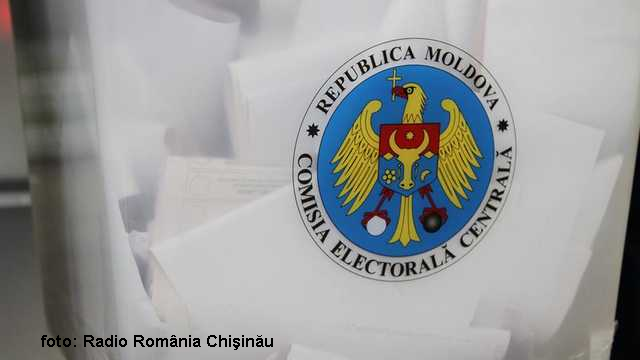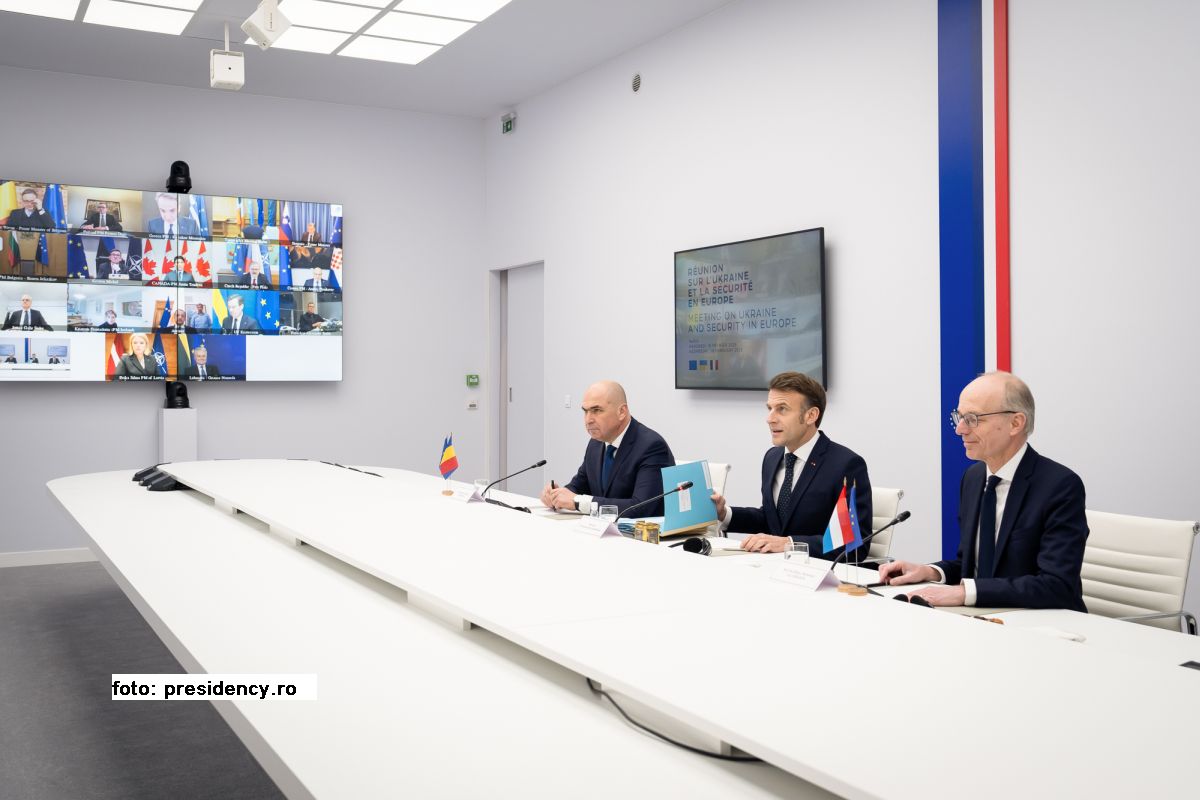The Republic of Moldova after the local elections
In the local elections in the Republic of Moldova, the pro-Europeans obtained victories in the rural areas, but did not win in the big cities.

Ştefan Stoica, 07.11.2023, 13:50
Over three decades, the Republic of Moldova, Romania’s neighbor to the east, has made a giant leap from being a vassal of Moscow in the Soviet era to being a candidate for EU accession. Russia’s aggression against Ukraine, against which the pro-European administration in Chişinău, led by President Maia Sandu, adopted a correct stand by denouncing it in harsh terms, gave a boost to the process of heading towards the West, where they can find a chance of democratic stability and prosperity. The resistance of the pro-Russian left is, however, obvious. Sunday’s local elections are proof thereof. Maia Sandu’s Action and Solidarity Party (PAS) won more than 40% of the votes cast for mayors, councilors and district councils, and village councils.
The presidential party won mayoral seats in the first round of voting in more than a quarter of around 900 villages and towns. The victories were mostly in rural areas, and the candidates of the Action and Solidarity Party failed to win mayoral positions in the big cities. In Chişinău, the incumbent mayor, Ion Ceban, a former prominent member of the Socialist Party, was re-elected in the first round. However, his party did not obtain the same success in the Municipal Council. Analyst Ion Tăbârţă notices that the governing party has accumulated fewer votes than expected.
Ion Tăbârţă: We understand that the positions of the socialists as a whole with those of the communists are quite solid. I somehow came up with certain optimistic forecasts according to which two-thirds of the society is pro-European, and one-third looks to the East. We see that it is not the case. The left-wing parties have more votes than the right-wing parties.
Seen as a test for the pro-European policy of President Maia Sandu, the local elections took place against the background of accusations of Russian interference, denied, however, by Moscow. The Organization for Security and Cooperation in Europe (OSCE) said in a preliminary report that the entire campaign was distorted by an inflow of illicit, foreign funds and monetary incentives used to influence the will of voters.
Reuters writes that before the vote, the Moldovan authorities accused Russia of buying votes by channeling 5 million dollars to what it called criminal groups led by fugitive businessman Ilan Şor, who was convicted in absentia for involvement in bank fraud in Moldova. Just two days before the vote, the authorities banned the Şor-linked Chance Party on security grounds, a decision that the OSCE believes limited voters’ options. This was the last national vote in the Republic of Moldova ahead of the presidential election that will take place in November 2024. A year later, in 2025, parliamentary elections are scheduled. (LS)






























